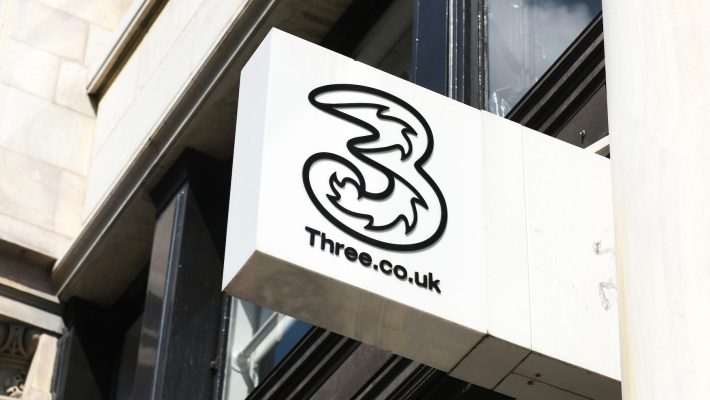ARTICLE AD

The U.K.’s Competition and Markets Authority (CMA) has confirmed that it’s launching a formal “phase 2” investigation into the planned merger between Vodafone and Three UK.
The news comes some nine months after plans of the $19 billion deal first emerged, in a move that would effectively reduce the U.K.’s main mobile network operators from four to three (the others being EE and O2). The duo clearly anticipated regulatory headwinds, having already allowed until the end of 2024 to conclude the transaction. The initial “phase 1” probe kicked off at the tail-end of January, with the CMA conducting a market analysis to garner feedback from a multitude of stakeholders before deciding whether a formal investigation was warranted.
A deal of this size and consequence was always likely to go the full distance as far as regulatory scrutiny was concerned, so today’s news comes as little surprise. The CMA now has six months to carry out the investigation before reaching a final conclusion.
“It was inevitable that this case would be given an in-depth assessment by the CMA,” Tom Smith, partner at London-based law firm Geradin Partners and former legal director at the CMA, told TechCrunch. “The real work now starts for the companies in trying to prove the benefits of the merger to the CMA panel.”
Competition vs consolidation
One major bone of contention is likely to be the impact that reducing a four-horse race to three will have in terms of consumer prices. While Vodafone and Three have pointed to similar “four to three” merger studies to support claims that it won’t significantly impact prices, another notable study carried out in the wake of Vodafone Hutchison Australia and TPG’s merger in 2020 indicated that the three remaining mobile network operators all increased their prices — and overall, investment by the Australian carriers dropped by 45% between 2018 and 2023.
Separately, a report by anti-monopoly organization Balanced Economy Project drew on seven international studies to conclude that a Vodafone / Three merger would lead to consumer price increases from £5 to £25 a month
“The CMA’s pricing analysis will show that a post-merger price rise is likely, so the companies will need to persuade the CMA that they will pass on any cost savings to customers to offset the incentive to raise prices,” Smith continued. “They will face a CMA that is sceptical of arguments that mergers boost investment incentives — the CMA rightly believes it is competition that drives better outcomes for consumers, not consolidation.”
One other contentious issue relates to the fact that Three is owned by Hong Kong-based conglomerate CK Hutchison Holdings, a company that is subject to a national security law introduced by China in 2020 — Unite the Union argues that as the subsidiary of a Hong Kong company, Three could be compelled to share sensitive data with the Chinese state. Such a scenario is precisely why the U.K. introduced the National Security and Investment Act back in 2022, with previous form in blocking deals between U.K. entities and Chinese companies.
Legal wrangles
It’s worth noting that Three has already been involved in another recent failed acquisition effort, after its parent Hutchison tried to buy one of the other four major U.K. carriers O2 in a £10.25 billion deal — however, this was blocked by EU regulators eight years ago. Then 18 months ago, a European court adviser suggested that original court ruling should be dismissed, so it’s not clear how that might impact this latest merger attempt.
Elsewhere, the U.K. has recent form in blocking big-bucks acquisitions, with Adobe and Figma pulling the plug on their $20 billion deal as a result of regulatory pushback both in the U.K. and the wider E.U. And Microsoft had to make some notable concessions to get its $68.7 billion Activision acquisition over the line.
Vodafone and Three is a different animal though — it involves core infrastructure, with the two companies estimated to currently control nearly half the available radio spectrum.
“This case has more moving parts than the CMA’s other recent big decisions, and is arguably more important for the U.K. economy,” Smith said. “There will be difficult issues for the merging companies to get past.”

 1 year ago
133
1 year ago
133 

